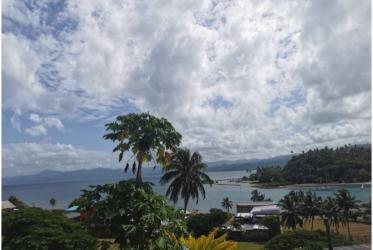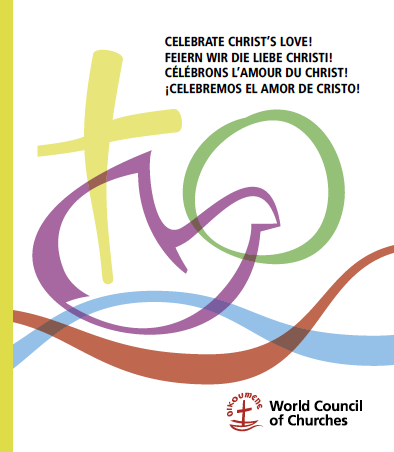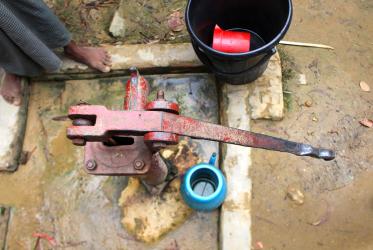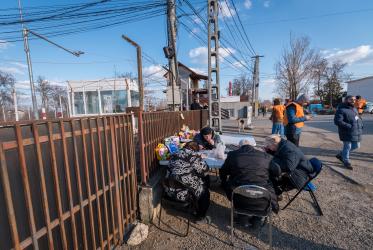Displaying 141 - 160 of 672
Called to Transformation - Ecumenical Diakonia
09 June 2022
Reflecting on principles for hybrid events
19 April 2022
Easter Initiative Bible Study: Solidarity Is Sacred
14 March 2022
Easter Initiative Bible Study: Identity Is Sacred
14 March 2022
Easter Initiative Bible Study: Family is Sacred
14 March 2022
Easter Initiative Bible Study: Worship Is Sacred
14 March 2022
Easter Initiative Bible Study: Home Is Sacred
14 March 2022









